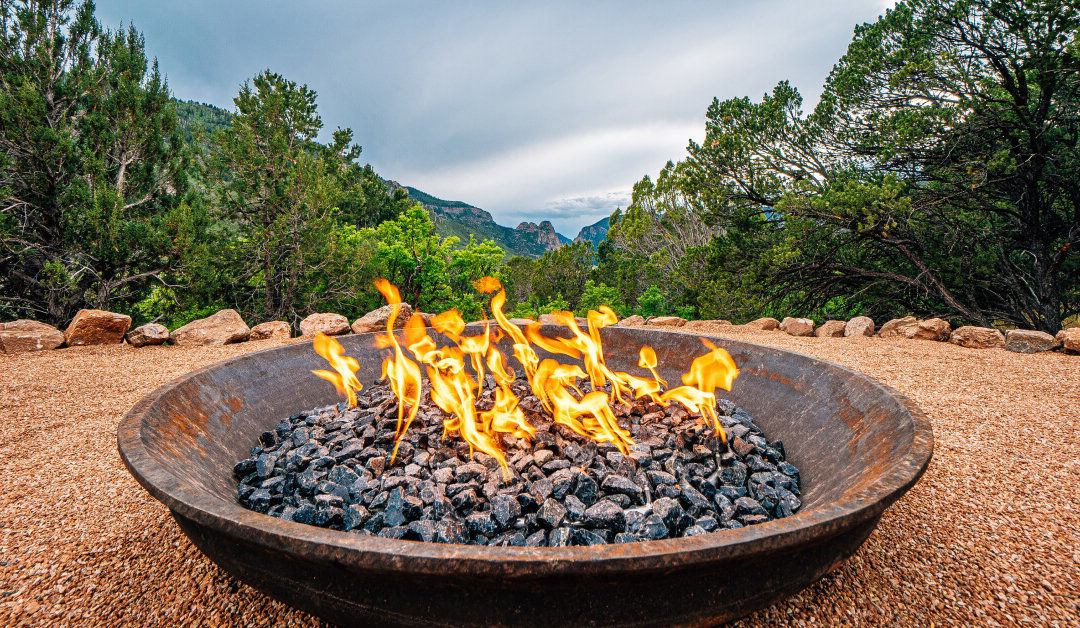
How much gas do you use in summer?
When the warm summer sun comes out to play, so too does the gas-guzzling barbecue. However, the temptation for long, hot showers should wane. What does this all mean for your gas prices?
Cooking with gas
During the summer months, most of us prefer lighter fare as the hot, comfort foods of winter are too warm and heavy when outside temperatures are rising.
This means you may use your gas stovetop and oven less, as salads and barbecued meats become more popular.
However, there are some tips to help you use less gas if you do decide to cook on the stovetop. Ensure the pot or pan is the right size for the element and that the flames are not running up the sides of your cookware.
If you are heating water, try not to boil more than you need as this wastes gas. Also ensure you leave the lid on, because this reduces heat loss.
You may find yourself using more gas on the barbecue. This is great for your electricity prices, as going outside to cook means you are not heating up inside, so you won’t need to rely so much on your air conditioning unit.
Take a cold shower
You may naturally gravitate to colder water temperatures to help you stay clean in the summer, as a refreshing and invigorating shower will help you keep your cool.
Avoiding long, hot showers in the summer months has more advantages than helping you lower your body temperature, though. If you have a gas hot water cylinder, using less hot water will mean you are able to lower the amount billed by your gas suppliers.
Another way to reduce this cost is to take shorter showers. One option is to set a timer letting you know when you’ve had enough time under the water.
Update your shower head
This item is often overlooked on the quest to make savings and reduce household gas prices.
However, switching to a more water-efficient showerhead will mean you can enjoy a satisfying shower with less water.
An inefficient shower head can use 25 litres of water per minute, while a more efficient model can reduce this to as little as seven litres.
Check your hot water thermostat
Your hot water system should be set to around 60 degrees celsius for optimum performance, according to the Department of Energy.
Any higher and you are wasting energy, while a lower temperature means there is the potential for harmful bacteria to thrive.
Wash with cold water
The summer months might be the ideal time to start using your washing machine’s cooler temperature option.
Washing with cold water uses around 80 – 90 per cent less energy than washing in hot water.
Posted by Paul Doyle
